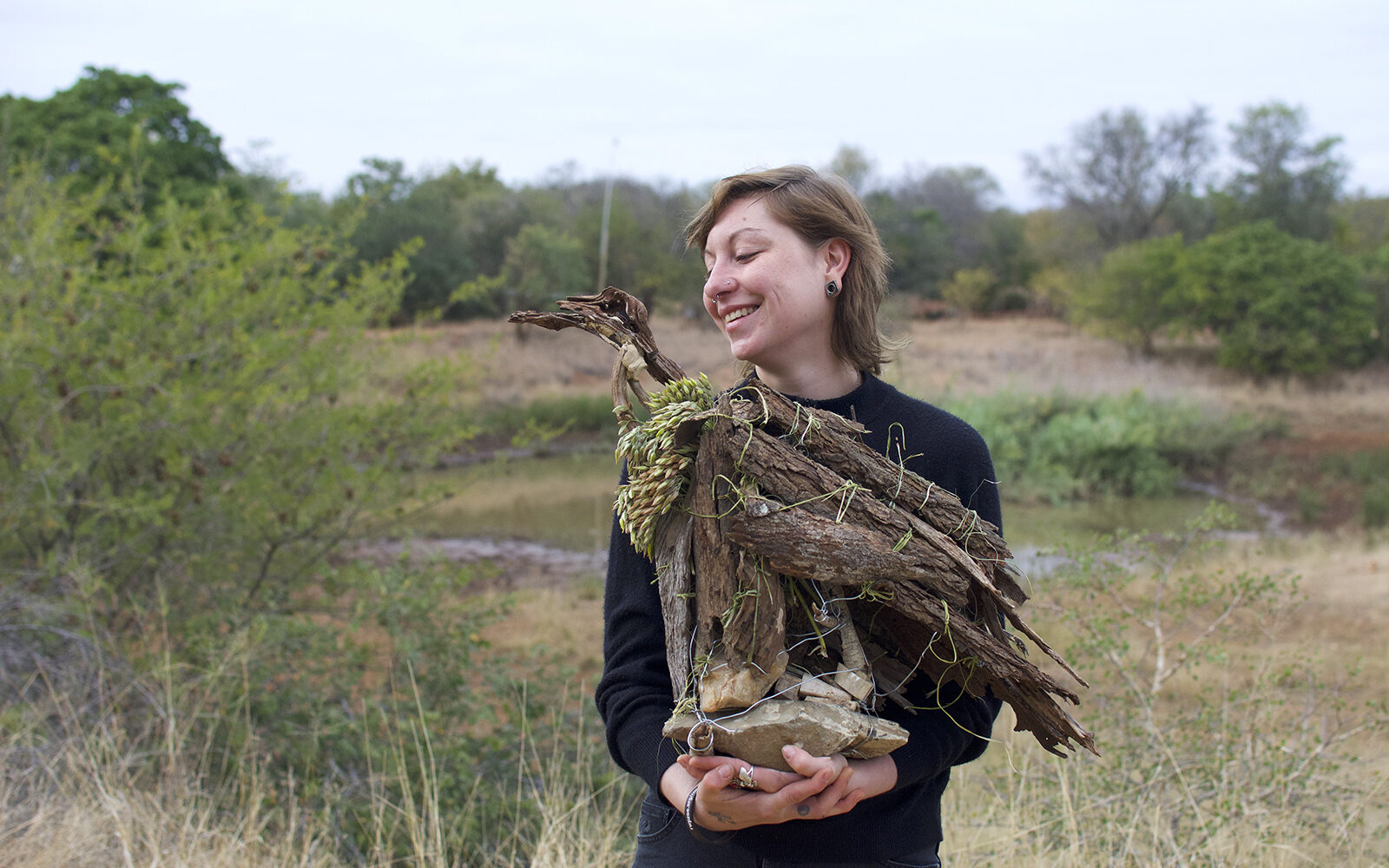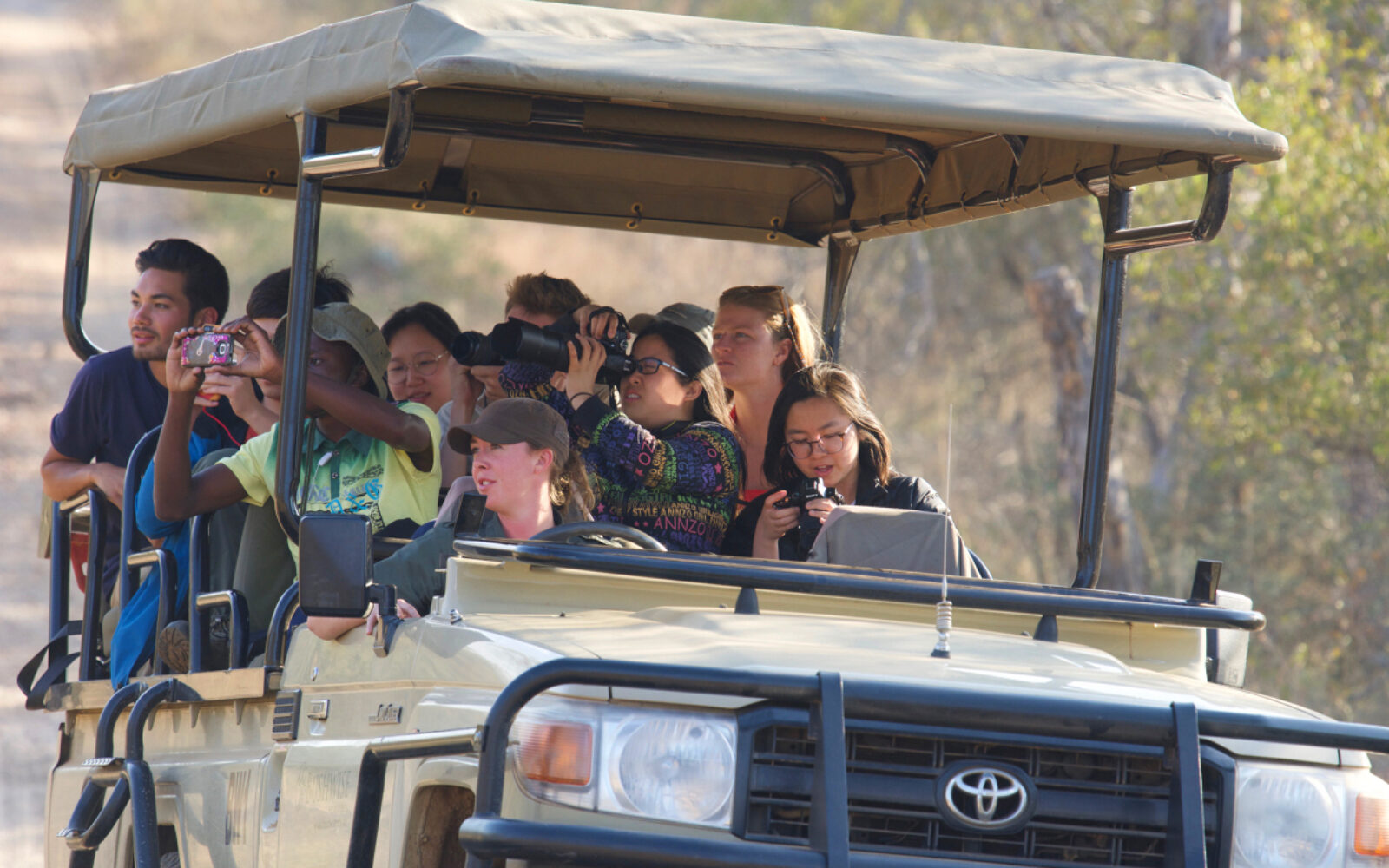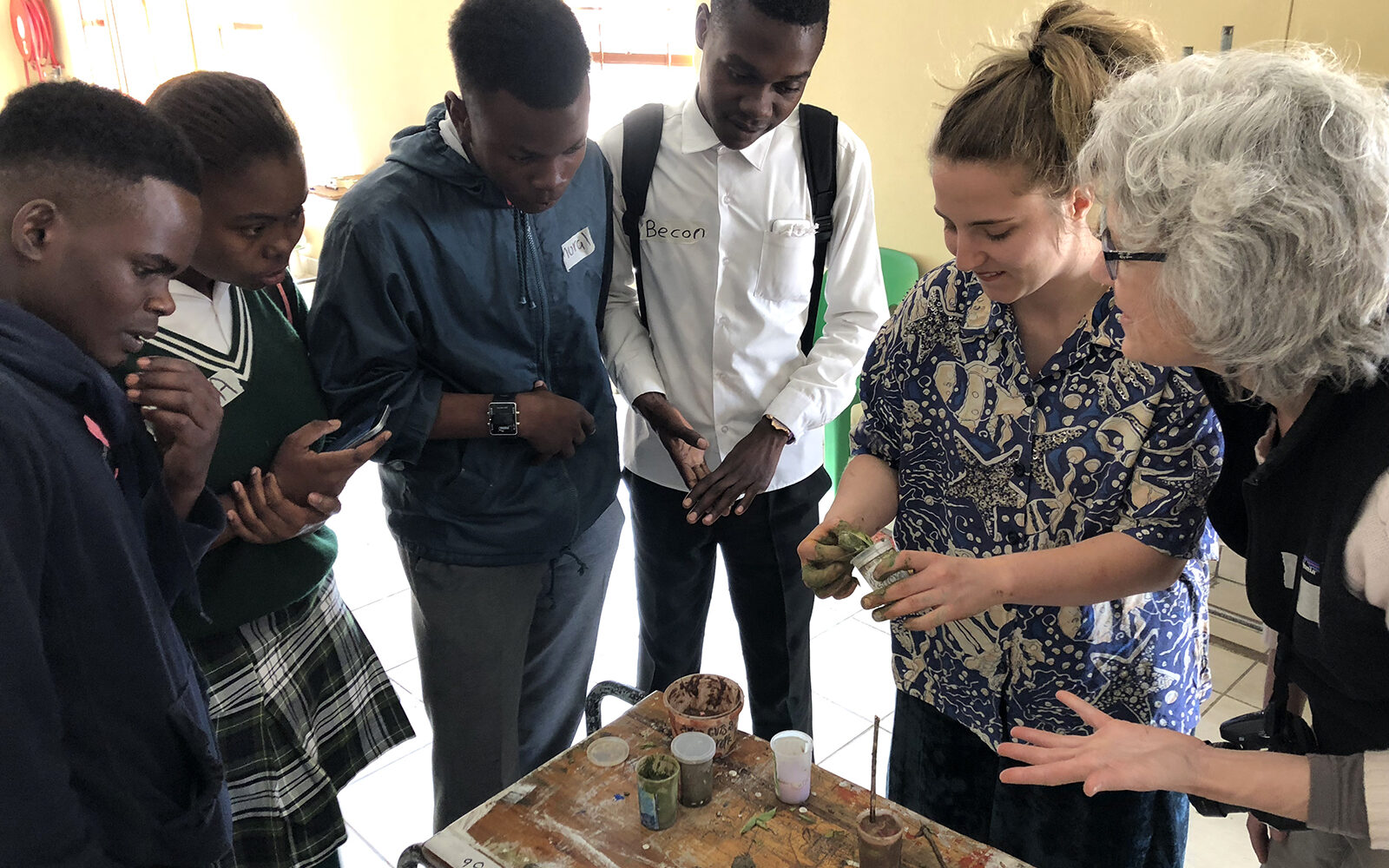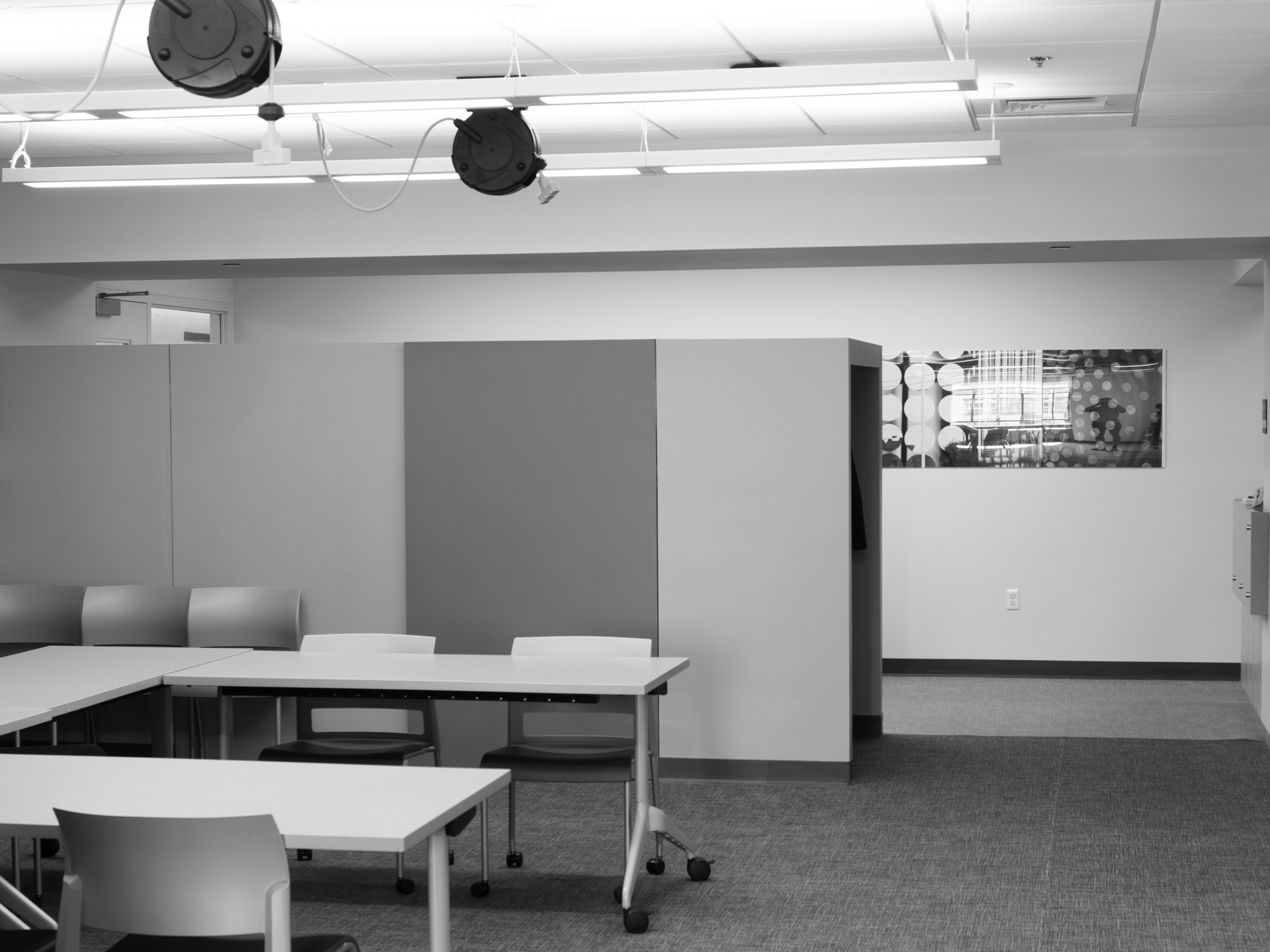What
Global Summer StudiesWhere
When
Summer 2018
Course Dates: Jun 17, 2018 — Jul 7, 2018
For artists and designers interested in animals, nature, environmental studies, and human-wildlife conflict. Taught by conservationist, educator, writer, and veterinarian Dr. Lucy Spelman, this 3-credit (Liberal Arts) course gives students a first-hand look at saving species from a problems/solutions perspective.
Course Dates: Jun 17, 2018 — Jul 7, 2018
Includes tuition, accommodation, field trips, local transportation, group dinners + some meals, museum entrances, health and travel insurance.



For artists and designers interested in animals, nature, environmental studies, and human-wildlife conflict. Taught by conservationist, educator, writer, and veterinarian Dr. Lucy Spelman, this 3-credit (Liberal Arts) course gives students a first-hand look at saving species from a problems/solutions perspective. It challenges them to use their art and design skills to improve conservation outcomes.
Students will spend three weeks in South Africa, a country known for its network of parks and reserves as well as for its ecotourism, game farming, and wildlife trade. After an initial weekend at a typical safari lodge, the group will spend two weeks at the Bushwise Field School near Hoedspruit, followed by five days at the University of Pretoria Southern African Wildlife College campus near Kruger National Park.
Initially students will visit Makalali Private Game Reserve where they will learn and practice the concepts and methods used to study and monitor wildlife populations, including field observations, photography, and camera trapping. Next they will have a rare opportunity to learn from the country’s top experts about five of South Africa’s most pressing conservation problems: 1) habitat destruction caused by elephants; 2) wildlife trade involving pangolins; 3) wildlife trade involving rhinos; 4) poisoned wildlife, especially vultures; and, 5) infectious disease transmission between domestic and wild animals and people. Students will then select one of these challenges for their research project. The goal is to explore every aspect of the problem and propose an intervention that can be accomplished through art and design (i.e., a social media campaign or after school curriculum.) The resulting art and design work will be shared local audiences in the form of a pop-up gallery. Students will also keep a field notebook and create an artist archive of their experience as reference for future studio work. Skills gained during this course include collecting, analyzing, and interpreting scientific data; and, visualizing and communicating science.
Read more about South Africa: Art and Science Conservation in RISD News: Immersive Learning Abroad & Promoting Conservation through Art

When you get out of your comfort zone and throw yourself into a completely new context, you’re learning and growing every second
Tim Hsieh MID 19

Have questions? The RISD Global team is available to meet for a 1:1 advising session. We can give you more information about your study options, help you figure out which program makes sense for you, and assist you with the application process.
Schedule an AppointmentNo upcoming events for this program at this time.
No announcements for this program.